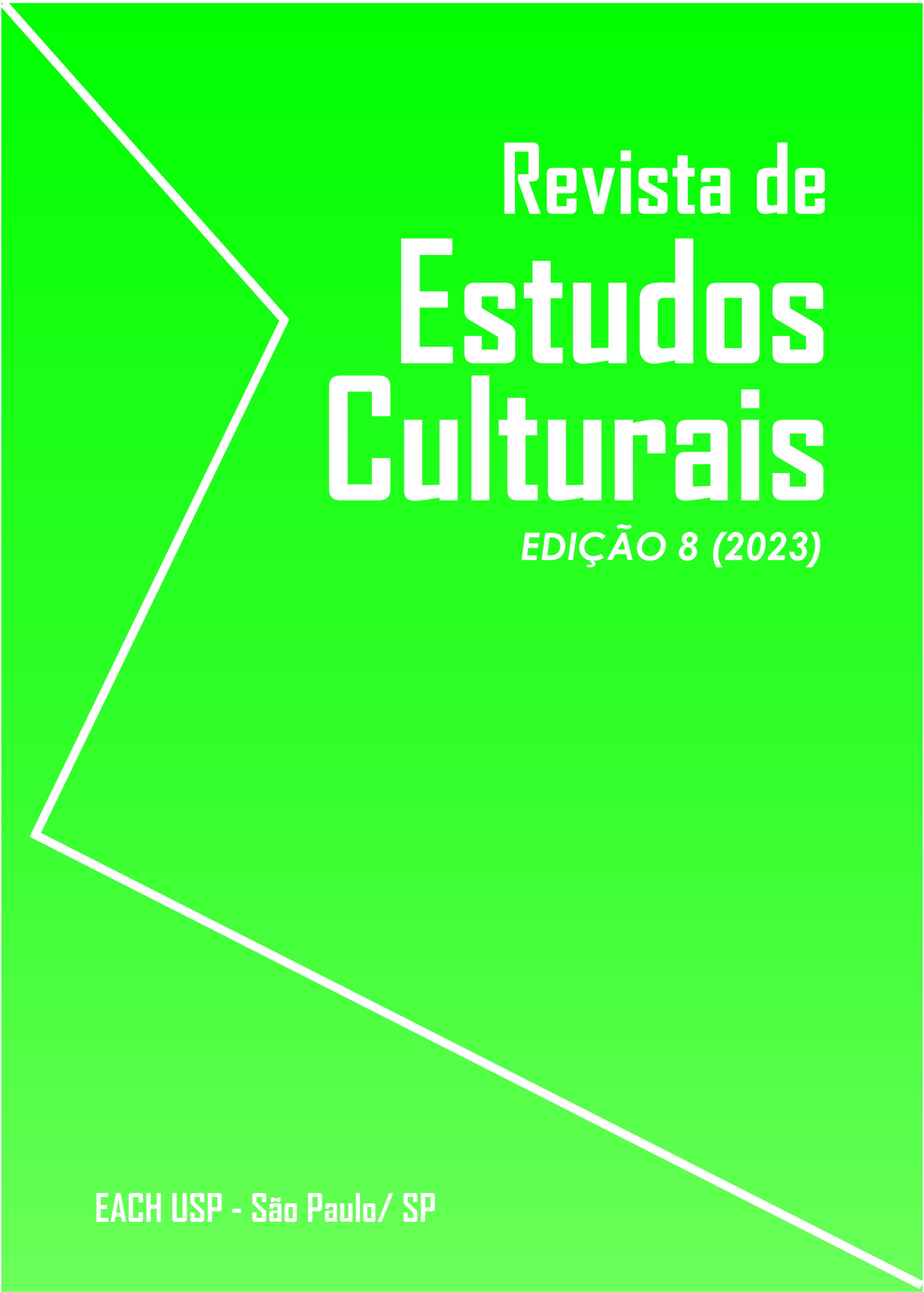Qual o lugar das neurociências na educação?
DOI:
https://doi.org/10.11606/issn.2446-7693i8p49-60Resumo
Nas últimas décadas surgiram inúmeras iniciativas com o objetivo de estabelecer uma ponte entre neurociências e educação. Algumas destas iniciativas tentaram precipitar o surgimento de novas disciplinas, como por exemplo a neuroeducação, criando a ideia de que neurociência poderia ser prescritiva para a educação. Neste artigo, discordamos dessa ideia e apresentamos quais as contribuições que a neurociência pode trazer para a educação diante dos desafios de se aproximar áreas de conhecimento tão distintas.
Downloads
Referências
Bedeau MA, Humphreys, P. E. Emergence: Contemporary Readings in Philosophy and Science. Cambridge, MA: MIT Press, 2008, pp.480.
JANELA da alma. João Jardim e Walter Carvalho/Flávio Ramos Tambellini. Ravina Filmes, 2001.
URBAN DICTIONARY. Neurofication. Disponível em: https://www.urbandictionary.com/define.php?term=Neurofication. Acessado em 22/03/2023.
Gul F, Pesendorfer W. The case for mindless economics. In: Caplin A, Schotter A. The Foundations of Positive and Normative Economics: A Hand Book. p.2-40, Princeton University, 2005.
Troller-Renfree SV, Costanzo MA, Duncan GJ, Magnuson K, Gennetian LA , Yoshikawa H, Halpern-Meekin S, Fox NA, Noble KG. The impact of a poverty reduction intervention on infant brain activity. Proceedings of the National Academy of Sciences. 1:119(5), 2022.
Louzada F. Neurociências e educação: um diálogo possível? Revista Mente e cérebro. Editora Dueto, julho de 2011.
Bruer, J. T. Education and the brain: a bridge too far. Educ. Res. 26, 4–16, 1997.
Horvath JC, Donoghue GM. A Bridge Too Far - Revisited: Reframing Bruer's Neuroeducation Argument for Modern Science of Learning Practitioners. Front. Psychol.7:377, 2016.
Howard-Jones PA. Neuroscience and education: myths and messages. Nat. Rev. Neurosci.15(12):817-24, 2014.
THE GUARDIAN. No evidence to back idea of learning styles. Disponível em: https://www.theguardian.com/education/2017/mar/12/no-evidence-to-back-idea-of-learning-styles. Acessado em 22/03/2023.
Yfanti A, Doukakis S. Debunking the Neuromyth of Learning Style. Adv. Exp. Med. Biol.1338:145-153, 2021.
Jolles J, Jolles DD. On Neuroeducation: Why and How to Improve Neuroscientific Literacy in Educational Professionals. Front. Psychol.3;12:752151, 2021.
Sigman M, Peña M, Goldin A, Ribeiro S. Neuroscience and education: prime time to build the bridge. Nat. Neurosci.17(4):497-502, 2014.
Lent R, Buchweitz A, Mota MB. Ciência para educação - Uma ponte entre dois mundos. Rio de Janeiro: Atheneu, 2017, pp.272.
Louzada F, Ribeiro S. Sono, memória e sala de aula. In: Ciência para educação - Uma ponte entre dois mundos. Rio de Janeiro: Atheneu, 2017, p.97-118.
Short MA, Booth SA, Omar O, Ostlundh L, Arora T. The relationship between sleep duration and mood in adolescents: A systematic review and meta-analysis. Sleep. Med. Rev.52:101311, 2020.
Biller AM, Meissner K, Winnebeck EC, Zerbini G. School start times and academic achievement - A systematic review on grades and test scores. Sleep Med. Rev.61:1015822022.
Martim-Martinez C, Valenzuela P, Martinez-Zamora M, Martinez-de-Quel O. School-based physical activity interventions and language skills: a systematic review and meta-analysis of randomized controlled trials. Journal of Science and Medicine in Sport.26:140–148, 2023.
Carneiro L, Pellerin L. Nutritional Impact on Metabolic Homeostasis and Brain Health. Front Neurosci. 27;15:767405, 2022.
Obeid R, Derbyshire E, Schön C. Association between Maternal Choline, Fetal Brain Development, and Child Neurocognition: Systematic Review and Meta-Analysis of Human Studies. Adv. Nutr. 22;13(6):2445-2457, 2022.
Downloads
Publicado
Edição
Seção
Licença
Copyright (c) 2023 Revista Estudos Culturais

Este trabalho está licenciado sob uma licença Creative Commons Attribution-NonCommercial-ShareAlike 4.0 International License.



